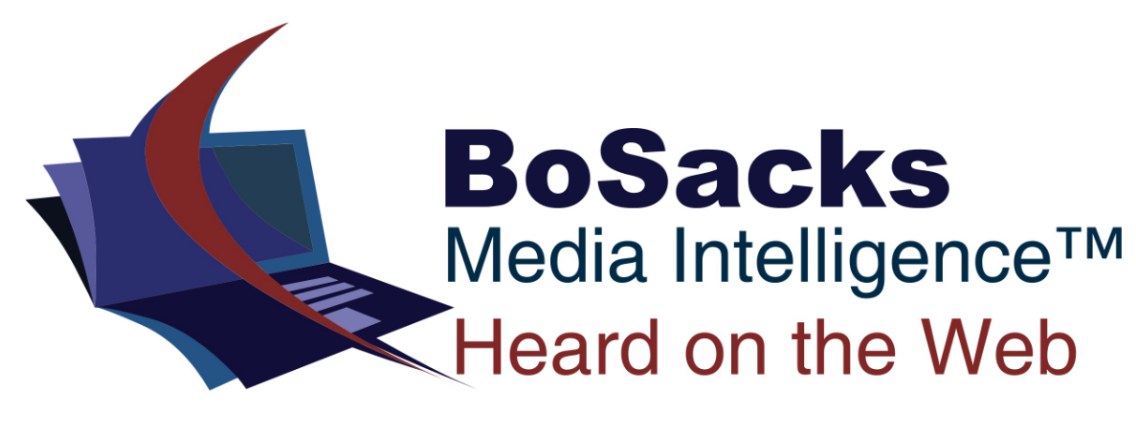BoSacks Speaks Out: Reports from the Publishing Pandemic Roundtable 2
By Bob Sacks
Mon, Apr 20, 2020

BoSacks Speaks Out: My friend and circulation consultant Joe Berger had a great idea a few weeks ago of getting together a team of publishing professionals to have weekly zoom conversations about what is happening to our industry from a ground floor perspective. We have had publishers, professors, consultants, and this week a printer. We didn’t know how our meetings would evolve, but we deemed them a good idea with benefits for all. So far we have had two reports of our conversations captured by Linda Ruth, who is a circulation consultant, and distributed to you in this newsletter.
At a time when most American businesses are struggling to survive during this challenging time, we need to stay alert and flexible with the still-evolving changing economic conditions. Hotels are empty, retail outlets are closed, and restaurants, bars, and eateries are struggling to exist with carryout or delivery orders.
All media is under stress, and advertising, the lifeblood in most media business plans, is evaporating at a precipitous rate. It’s clear that not everyone is going to make it through this crisis untouched. We as an industry will likely create new business plans based on the yet undetermined rebuilt economy. But rest assured that rebuilding media businesses and perhaps an empire or two is exactly what we will do.
The Publishing Pandemic Roundtable will continue to have these meetings, and report to you what is happening with the supply chain of the publishing industry.
The product supply chain, from source material to store,
is an organizing map for delivering human rights.
Julia Ormond
Dateline: Charlottesville Va
In This Issue
Publishing Pandemic Roundtable 2
By Linda Ruth
David Pilcher of Freeport Press joined this week’s pandemic roundtable, a weekly gathering where consultants (Samir Husni, BoSacks, Joe Berger, and me) and publishers (Sherin Pierce of Old Farmer’s Almanac) gather to share what’s working and what’s not.
Sherin led with some good news about the Old Farmer’s Almanac’s online engagement. Just over the past four weeks, with 1.5 million followers, the OFA’s post reach leapt 129% and its engagement went up by 25%. On Facebook and Instagram, audience has increased by almost 10,000, and grows daily. And in the past few weeks the OFA’s Pinterest audience has doubled, to over 5 million monthly viewers. “Publishers need to show their audience that they are there for them,” Sherin said. “We need to be a comforting presence in challenging times.
Subscriptions are also going up, said Bo, as more people are looking to have their magazines delivered to their door. “Now if only publishers would charge what a subscription is worth—but that’s not likely to happen,” he added.
“This crisis is going to cause us to rethink an entire century of the business of magazine publishing,” Samir said. “The problem isn’t ink on paper, it’s the structure of the business. Publishers need to reinvent their content. We have to make our magazines necessary. If you can find the answer on Google, it doesn’t belong in a magazine.”
Looking to get a printer’s perspective, we began to question David Pilcher:
What are some of the things you see publishers doing differently now?
Publishers are skipping issues, printing with lower page counts, lower quantities. This fits Freeport’s niche, positioned to be a higher-quality shorter-run shop. Print is going toward quality not quantity. Still business for Freeport is down about 10% over the past four weeks.
Are publishers paying their bills?
It’s a challenge; we need to work together on extended terms, more cash, more credit—both with your customers and your own suppliers. Print took a hard hit in the great recession, this is likely to be the same. Magazines will be in worse shape, it will be harder to recover.
What do you see coming out of this in terms of published product?
Cool niche titles that are part of membership programs with online content, videos, and so on. Catalogs and direct mail are growing, are magazines not. The insert market has suffered.
Are you running into trucking or distribution problems?
We expected to, but haven’t as yet.
How have things changed at the plant for you?
We’ve given bonuses to employees for coming in to work. Technology allows for more distancing at the plant, and employees are wearing masks. Some of the changes we’re seeing will continue beyond this crisis, as new best practices keep people safer.
What is your best advice for publishers during this time?
Make sure you can make money from everything you do. Don’t pour money into online engagement if it can’t be monetized. Don’t send copies out onto the newsstand at a loss. If your channels are broken, and you’re running at a loss, do not print. Wait for some of these things to lift and then re-enter.
